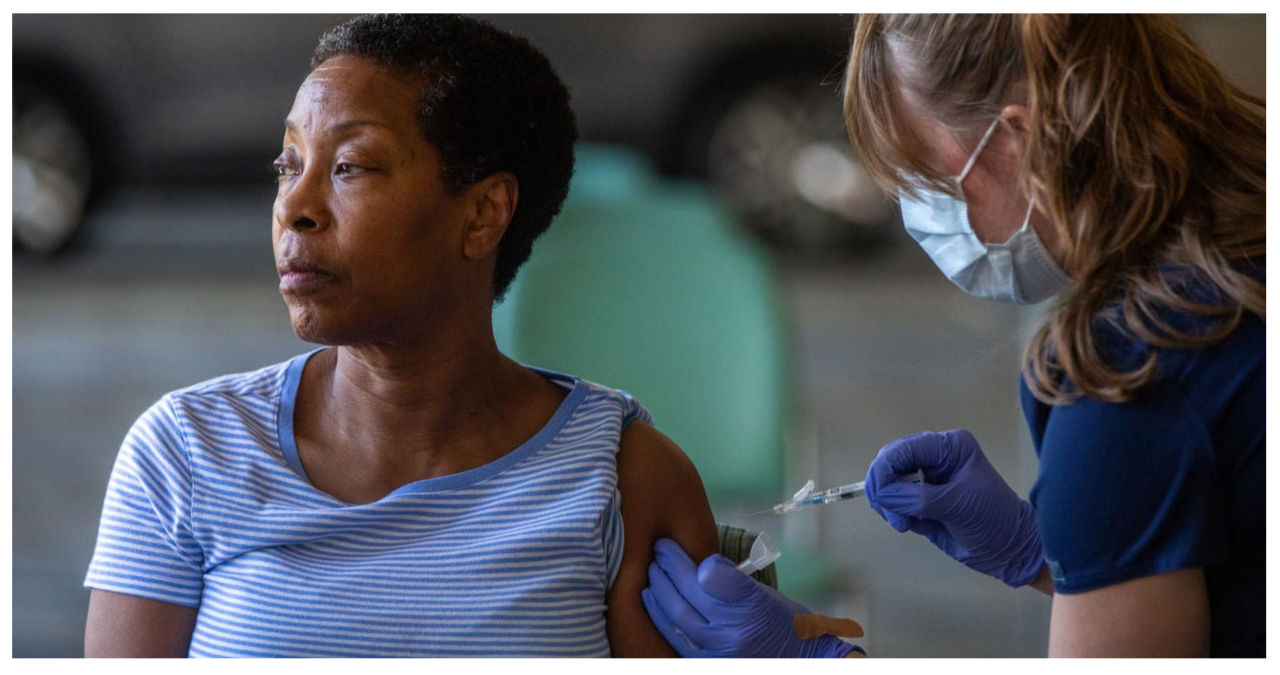According to a new study published in the British Medical Journal, COVID-19 vaccines have been shown to reduce the risk of heart failure by up to 55% and blood clots by up to 78% in individuals who have contracted COVID-19.
The health benefits of the vaccine were evident for a significant period of one year, with the most noticeable effects observed immediately after receiving the vaccination.
Dr. John Brownstein, chief innovation officer at Boston Children’s Hospital and an ABC News Medical contributor, emphasized that although there has been worry regarding the possibility of myocarditis and other thromboembolic events after receiving the vaccine, this analysis underscores that the risk of such complications is significantly greater when contracting the SARS-CoV-2 infection itself.
The study analyzed a sample of more than 20 million individuals across Europe, comparing those who received vaccinations against the virus to those who did not. The research encompassed various vaccines, such as Moderna, Pfizer, AstraZeneca, and Johnson & Johnson.
Researchers examined both the original strain of the virus and the Delta variant during the study period.
According to the findings of the researchers, COVID vaccines significantly decreased the risk of blood clots in the veins by 78% within a month of receiving the dose. Additionally, the study revealed that it also reduced the risk of blood clots in the arteries by 47% and heart failure by 55%.
According to researchers, the COVID vaccines have been found to decrease the risk of developing a blood clot in the vein by 47%, a blood clot in an artery by 28%, and heart failure by 39% within six months after receiving the vaccination.
According to Brownstein, these findings are a crucial addition to our understanding of future vaccine policy. They demonstrate that COVID-19 vaccines play a vital role in mitigating the potential long-term health complications associated with infection.
Adults aged 65 and above now have the opportunity to receive an enhanced COVID-19 vaccine that offers increased protection against severe illness, hospitalization, and mortality, as stated by the U.S. Centers for Disease Control and Prevention.



